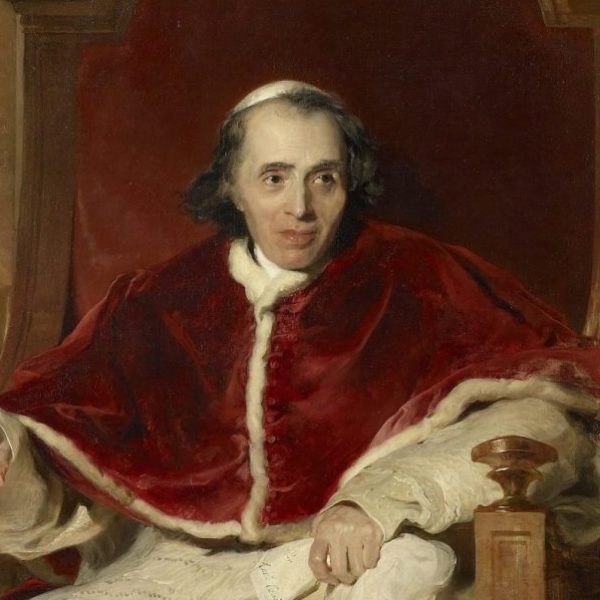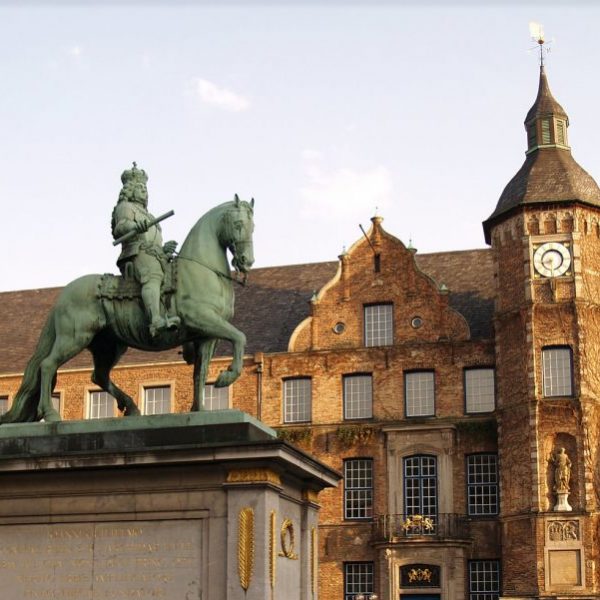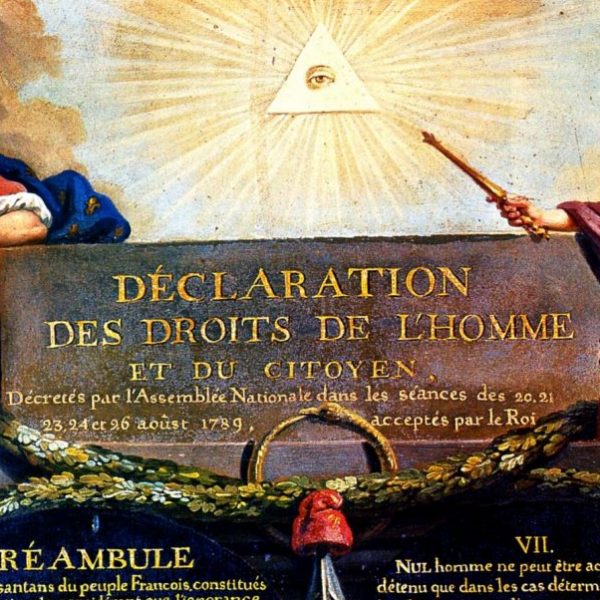The Tipping Point: Where Bastille Day Meets Madame de Staël
A Happy Bastille Day to one and all! France’s national holiday is a day for celebrating its people as a collective force to be reckoned with. Specifically, it remembers those who came together to storm the Bastille in Paris on July 14, 1789. More generally, however, it celebrates the forging of France into a Republic by all its citizens – a people who continue to shape its national identity and pride in the 21st century.
 But what about the individuals who tip the scales in this nation-building equation? There are, after all, those prodigious souls who seem capable of pushing history forward of their own accord – whether it be by vision, by genius, or by the plain happenstance of being in the right place at the right time. Such individuals were particularly problematic in eighteenth-century France, where personal ambition was viewed as morally and socially corrupting. This attitude was something the Revolution managed to both shake up and reinforce, a conundrum that Kathleen Kete tackles in Making Way for Genius: The Aspiring Self in France from the Old Regime to the New. While the Revolution launched a select group of seemingly ordinary people into the stratosphere of cultural and political influence, it also placed them under intense scrutiny as representatives of a tumultuous national whole. As a result, these individuals developed some creative ways of justifying – to the people and to themselves – why they had been singled out to rise above the masses.
But what about the individuals who tip the scales in this nation-building equation? There are, after all, those prodigious souls who seem capable of pushing history forward of their own accord – whether it be by vision, by genius, or by the plain happenstance of being in the right place at the right time. Such individuals were particularly problematic in eighteenth-century France, where personal ambition was viewed as morally and socially corrupting. This attitude was something the Revolution managed to both shake up and reinforce, a conundrum that Kathleen Kete tackles in Making Way for Genius: The Aspiring Self in France from the Old Regime to the New. While the Revolution launched a select group of seemingly ordinary people into the stratosphere of cultural and political influence, it also placed them under intense scrutiny as representatives of a tumultuous national whole. As a result, these individuals developed some creative ways of justifying – to the people and to themselves – why they had been singled out to rise above the masses.
One of the most brilliant members of this elite set was Anne Louise Germaine de Staël-Holstein, more commonly known as Madame de Staël. A writer and philosopher herself, Staël was the proprietor of an infamous post-Revolutionary salon in Coppet, Switzerland, where many elite émigrés had fled during the war. She was also mistress – or, at least, confidante – to several of the period’s most influential politicians and thinkers, including Louis Narbonne, Benjamin Constant, and Napoleon. In an age dominated by utilitarian ethos, Staël was also a notorious egoist. To justify her desire for power (made even more challenging, of course, by her status as a woman) Kete argues that Staël was careful to craft her larger than life persona into that of the suffering genius.
To contribute a legacy that reached beyond the realm of ordinary men, Staël reasoned, it was necessary to project oneself without immediate object. “In speaking of the love of glory,” she wrote in 1792, “I have considered it only in its most perfect sublimity, in that character when it springs from real talents, and aspires only to the splendor of fame.” The irrepressible self Staël “struggled” to keep in check was, apparently, a brilliant one. While only her witty and effervescent prose remains to us today, there are numerous accounts of her social persona to prove that she was a dazzling conversationalist, particular opposite Constant. Staël also partook in a famous battle of wills (or egos, depending on how you slice it) with Napoleon, a battle which led to his exiling her and sending spies after her across Europe. Whether we should read her public persecution as the suffering of a genius is neither here nor there. What Kete smartly expounds on is how Staël’s arguments in defense of her own self-expression, coupled with her insatiable drive for attention, gave her the opportunity to shape the relationship between individual and community in a period when ideas about this relationship were in serious flux.





